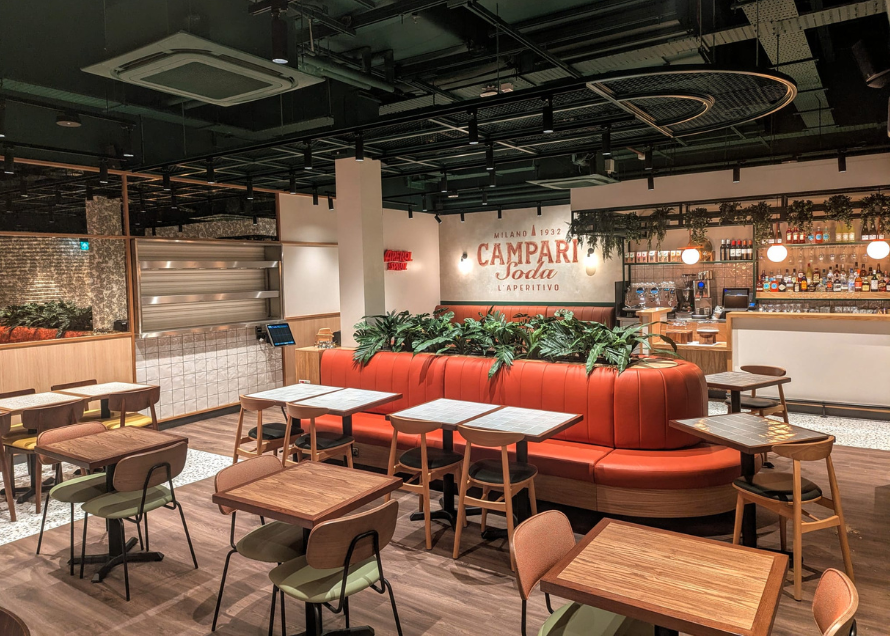Hospitality businesses which depend on overseas staff must act now to benefit from current salary rules ahead of controversial new immigration regulations, a specialist solicitor has warned.
Gurjit Pall, immigration solicitor at full-service law firm Thorntons, issued the advice prior to the introduction next month of changes which are designed to reduce immigration to the UK.
Currently, employers in the hospitality sector who hold a valid UK sponsor licence can sponsor international workers in eligible roles including chef or bar manager, under the Skilled Worker visa route at a minimum salary rate of £26,200 gross per annum.
On April 4, the minimum salary threshold to qualify for a Skilled Workers visa will rise to £38,700 per annum – an increase of almost 50%.
As part of transitional arrangements sponsored workers currently on Skilled Worker visas or those who apply before the changes, will be able to rely on the current rules.
However, the timeframe for securing overseas staff under the existing system has effectively been cut short. This week it was announced that the Home Office’s Sponsor Management System will be unavailable from the evening of 2 April until 9am on 4 April – the deadline for commencing the Skilled Worker visa application process.
Gurjit said: “It was already a race against time for hospitality businesses which employ international staff, and it has become even more urgent now that operators have lost a full working day.
“While the transitional arrangements offer businesses one last opportunity to benefit from the current salary requirements by assigning a Certificate of Sponsorship to a worker before 4 April, in practice employers only have until 7pm on 2 April to finalise the process.
“Sponsored workers who have been assigned a valid Certificate of Sponsorship before this deadline will then have up to three months to submit a visa application.”
The increased salary minimum threshold for Skilled Workers is part of a range of measures aimed at curbing migration rates to the UK. Since January 1, most international students can no longer bring family members to the UK, reducing the talent pool available to employers.
Hospitality leaders have warned that labour shortages will worsen under the new regime.
Gurjit added: “Over the longer term, the elevated salary requirement for the Skilled Worker visa route will make it more challenging for businesses, particularly smaller ones, to attract and retain a skilled workforce.
“It may also have a disproportionate impact on businesses in more remote locations, such as those in the Highlands, which will struggle to keep pace with more metropolitan businesses where salaries are greater to mitigate against the higher cost of living.
“The repercussions of Brexit, the lingering impact of the COVID-19 pandemic, and economic uncertainties are already causing closures across the UK, with more than 6,000 pubs, clubs and restaurants shutting their doors last year.
“UK hospitality employers concerned about the effect of immigration changes should reconsider their hiring plans and speak to their advisers. Acting now could avoid the expected increase in operational costs around sponsoring international workers and provide certainty at a time when the sector needs it most.”





























